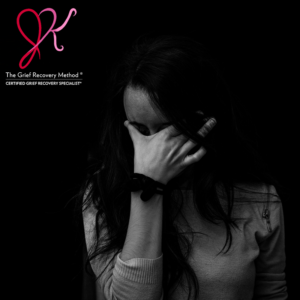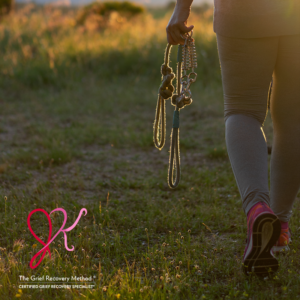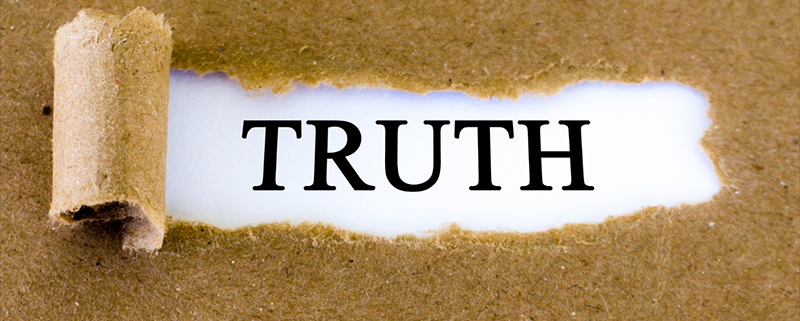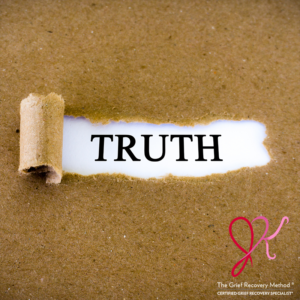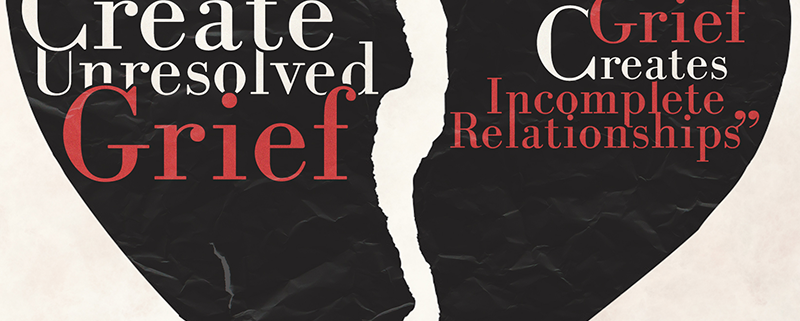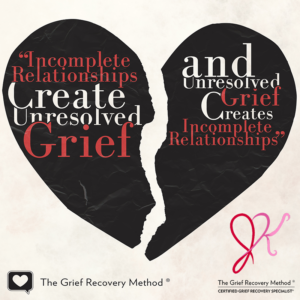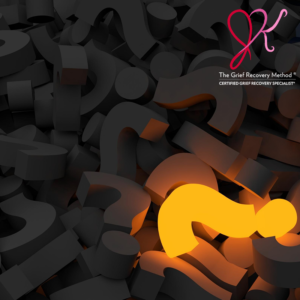Are you in a high stress heightening job? A lot of times we do not even realize how work-related stress can trickle into our own life and affect us. I have Grief Recovery tools that can help you identify the root of what causes this. From there, by working together we can address and nurture allowing for proper and fruitful growth!
“Stress” is another word for “Grief.”
What is grief? It’s the result of the conflicting feelings caused by the end of, or change in, a familiar pattern of behavior. More simply stated, it is the normal and natural reaction to any change that occurs in life.
Grief is a fact of life and people grieve not only death, but other factors as well. There are over 40 different life events that can create stress & grief.
Have you experienced any of these? Chances are you may be experiencing a great amount of stress & grief as a result of the emotional and life changing effects from one or more of these events:
Death of a spouse, Divorce, Marital separation, Imprisonment, Death of a close family member, Personal injury or illness, Marriage, Dismissal from work, Marital reconciliation, Retirement, Change in health of family member, Pregnancy, Sexual difficulties, Gaining a new family member, Business readjustment, Change in financial state, Death of a close friend, Change to a different line of work, Change in frequency of arguments, Major mortgage, Foreclosure of mortgage or loan, Change in responsibilities at work, Child leaving home, Trouble with in-laws, Outstanding personal achievement, Spouse starts or stops work, Begin or end school, Change in living conditions, Revision of personal habits, Trouble with boss, Change in working hours or conditions, Change in residence, Change in schools, Change in recreation, Change in church activities, Change in social activities, Minor mortgage or loan, Change in sleeping habits, Change in number of family reunions, Change in eating habits, Vacation, Christmas, Minor violation of law.
The focus of The Grief Recovery Method is in moving beyond the emotional pain of loss. The Grief Recovery Method is a proven, step-by-step process for accomplishing this. It’s designed to help people deal not only with past and current issues regarding the stress of grief, but also to provide the tools to deal with future issues, as they develop. I hope you take a moment out of your day and reach out to me personally so we can begin this development process!
